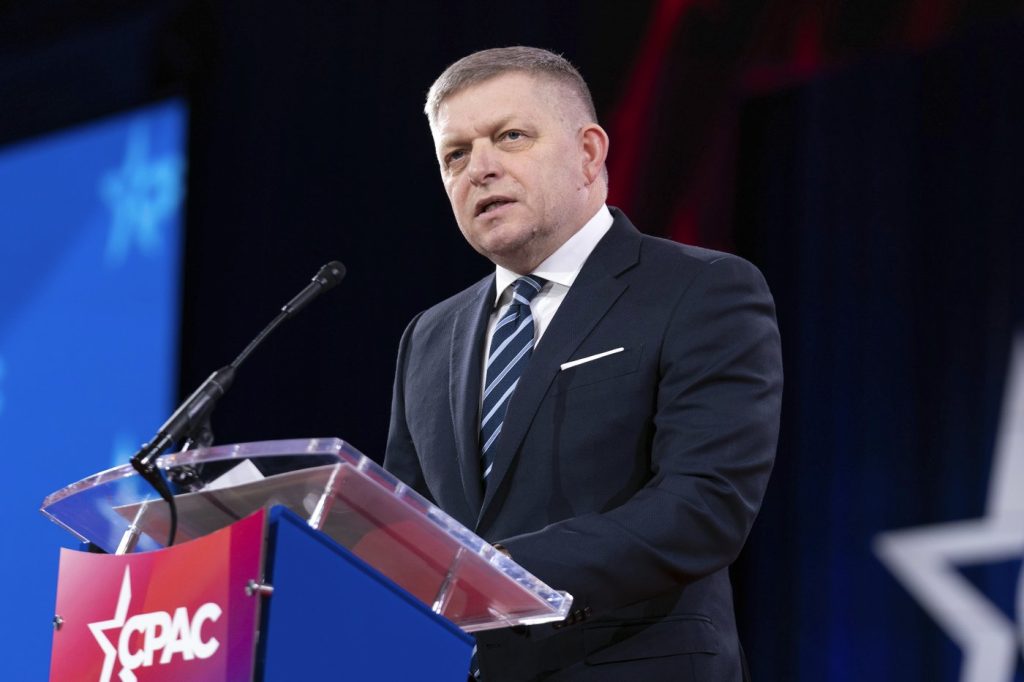On Wednesday, Slovakia's parliament approved a controversial piece of legislation that has drawn significant criticism from various quarters, particularly nongovernmental organizations (NGOs). This legislation, crafted by coalition lawmakers and passed under the government led by populist Prime Minister Robert Fico, faces allegations of potentially harming the operations and finances of civil society groups.
Critics of the law assert that it bears similarities to a Russian legal framework, alleging that it could pave the way for the dismantling of the civil sector and targets those considered disloyal to the government. Protest rally organizers in Bratislava expressed strong opposition to the legislation, arguing that it seeks to criminalize dissent and monopolize power. Conversely, the government has defended the law, stating that its purpose is to ensure the transparency of civic groups' financing and operations.
Amidst the backlash, Fico's lawmakers made some last-minute amendments to the legislation, notably removing measures that would classify NGOs as lobbyists without offering a precise definition of lobbying. This concession aimed to placate some of the widespread discontent surrounding the bill.
A detailed analysis conducted by the nonprofit organization Via Iuris critiqued the law's implications, asserting it infringes upon several constitutional rights, including privacy, freedom of expression, and the right to freely associate, as well as established European Union regulations. The organization characterized the law as a tool to stigmatize and restrict the activities of civic groups, raising alarm over its potential consequences for civil liberties in Slovakia.
Robert Fico, a polarizing figure both within Slovakia and on the international stage, returned to leadership in 2023 after his leftist party, Smer (Direction), won a parliamentary election characterized by a pro-Russia and anti-American agenda. Since assuming office, his administration has embarked on initiatives that have raised concerns about increasing government control over key institutions. This includes efforts to restructure public broadcasting to ultimately bring public television and radio under governmental influence.
Furthermore, the government has proposed amendments to the penal code meant to abolish a specialized anti-corruption prosecutor's position, which critics argue signals a drift toward autocracy. This trajectory mirrors the political moves observed in Hungary under populist Prime Minister Viktor Orbán, raising questions about the future of democratic governance in Slovakia.
Despite the government's pro-Russian policies and the recent legislative developments, Slovakia has witnessed significant public protests. These demonstrations reflect a growing dissatisfaction among citizens regarding the direction of the government’s domestic and foreign policies, fueling debates over civil rights, governmental transparency, and Slovakia's position on the global stage.











